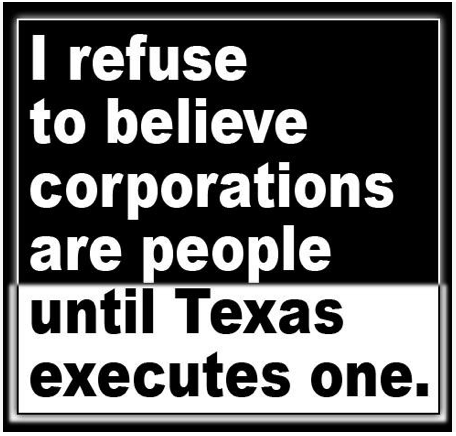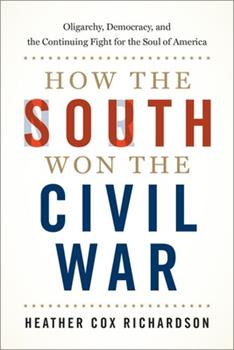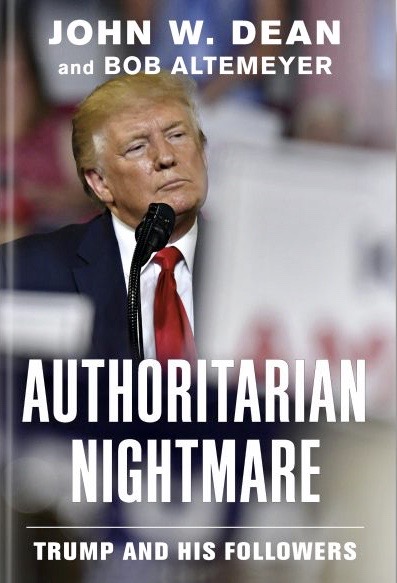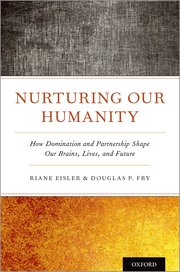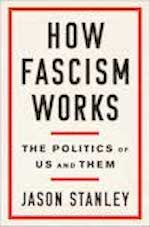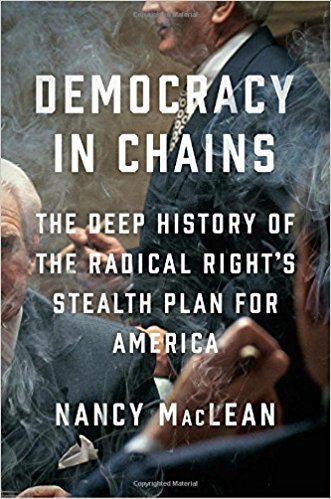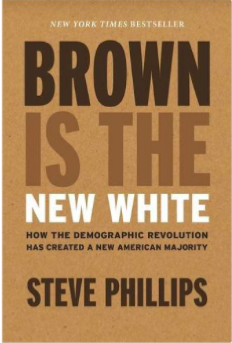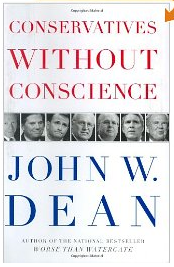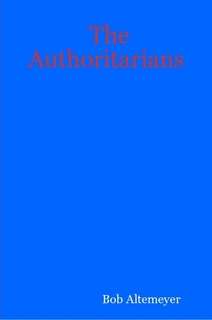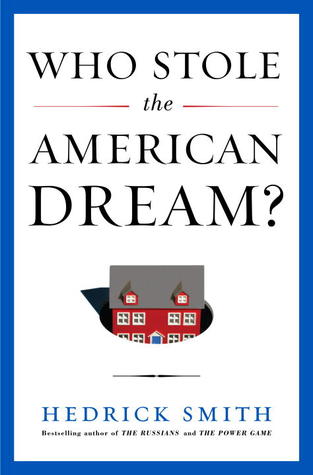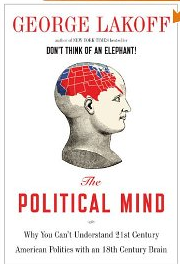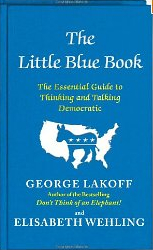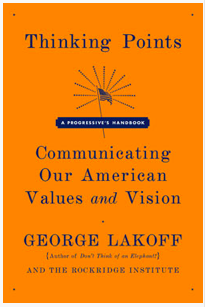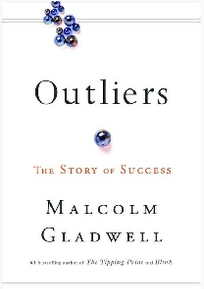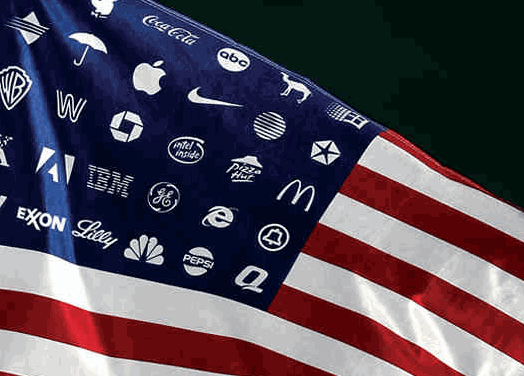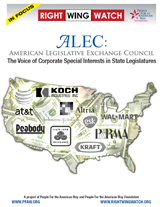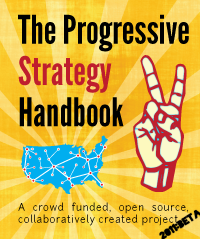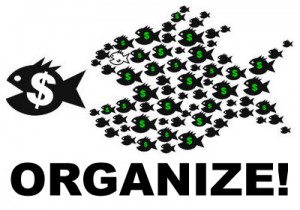Here is a list of typical “pro TPP statements” with my cons.
“free trade has boosted American commerce more than it has hurt.” On a macro scale, I’ll stipulate to that. However, that benefit has not been fairly distributed across our economy. Just look at income and wealth inequality – that gap, that began growing in the 80s, has become excessive during the life of NAFTA and other free market fundamentalist (neoliberal) policies.
” … the deal that would eliminate tariffs and other financial barriers to trade, create reliable cross-border supply chains, harmonize trade and investment regulations, and protect intellectual property. Sounds like a no-brainer.” Sorry, something as unknown and complex as TPP can never be a no-brainer. Anything this complex needs more eyes looking it over than just the eyes of those who stand to benefit the most.
” … granting President Barack Obama fast-track authority to close a deal … ” Checks and balances, a founding element of this nation, keeps those with power from becoming abusive with that power. This is “trust but verify,” but without the verify.
” … that is good for the American economy.” Again there is the macro view for America’s economy, but how fairly is this “good” shared with the workers of America? Won’t TPP just widen the income and wealth gaps across the world?
” … we do know that trade between the three countries [NAFTA] has accelerated.” And again, was this good for everyone in these countries or just those at the top? Avoiding corporate limits may be good for business, but is unfettered business good for citizens?
” … Mexico now exports more vehicles than Japan to the United States …” Is that because Japan moved their manufacturing jobs to Mexico for the lower labor and shipping costs? Good for a few Toyota executives and major shareholders, but bad for many Toyota workers.
“Manufacturing has doubled in Mexico, slowing illegal immigration by Mexican citizens to a virtual halt, ” Illegal immigration is another complex situation and attributing a near-term slow down to just manufacturing is ignoring other near-term factors like the Great Recession, the border fence, the increase in Border Patrol staff, failing to pass immigration reform, and fear of ranting racist politicians. What does illegal immigration look like during the life of NAFTA (12/8/1993)? Here are a couple of graphics that answer this question.
” … workers have moved into more advanced manufacturing and service jobs.” An important descriptor is missing: “low paying.”
” … companies can’t get enough skilled workers, and the unemployment rate is well below the national average.” And the reason for the lack of skilled workers is excessive tax breaks for corporations and thus lower funding for the public education systems. The American free market fundamentalist economy is good for business but not for educating school children and skilled workers.
” … 38 percent tariff on beef exported to Japan [will be eliminated] …” What’s good for the cattle and corn industries is not necessarily good for the ranchers, farmers, or the health of the Japanese people. Also, won’t increased demand coupled with strains on our ability to produce mean higher food prices for Americans?
” … international consumers can afford to buy more American goods.” This is probably especially true compared to other countries where wages and citizenship dues are higher. However, these reduced tariffs will never result in increased wages for workers, only increased corporate profits and more excessive executive compensation.
“The argument for free trade is that it lowers prices to the consumer and provides more options.” No. Free trade lowers corporate costs and the savings will accrue to corporate executives and major shareholders – not lower product prices. Also, with more and more mergers and acquisitions, there are fewer producers and fewer options for consumers.
” … reauthorize Trade Adjustment Assistance, a federal program helps people and businesses that lose out in these deals to move into new businesses.” Does anyone think that the anti-government Republican controlled Congress or a pro-TPP President will even dream about reauthorizing this “federal program?”
“The one thing that will squelch the genius of commerce is putting limits on it, …” This goes totally against our founding principle of checks and balances! Those with unrestrained power are prone to abuse that power. International mega banks without limits are now too big to fail, or prosecute. They know no limitation and fear no retribution for their past or future transgressions. In fact, trying to limit international commerce will result in governments getting sued by corporations with the ratification of TPP:
The chapter covers agreements on investments from one TPP nation to another, including empowering foreign firms to “sue” other states’ governments, as well as regulations around investor-state dispute settlements and tribunals.
If our government is “of the people, by the people, for the people,” then empowering corporations to sue the only entity, whose moral purpose is to protect and empower its people, makes our government of the corp, by the corp, for the corp. Then protecting and empowering corporations is the moral purpose of government and people are disposable.
With every responsibility, there are consequences. Hopefully, lessons learned from the consequences result in more responsible future actions. Also, every freedom must come with some limitations. These limitations prevent abuse of the freedom and will require laws where self-restraint fails and society suffers.
TPP will have unfortunate consequences for most citizens, and corporations will never be held responsible for the abuse of the new, anti-government, freedoms granted by TPP.
TPP is not what most people and the earth need, now or ever. It will amplify the externalized, harmful, costs of free market fundamentalism from the past 4 decades and assure the destruction of life as we know it, except for the extremely wealthy who can afford their own protection and empowerment.






